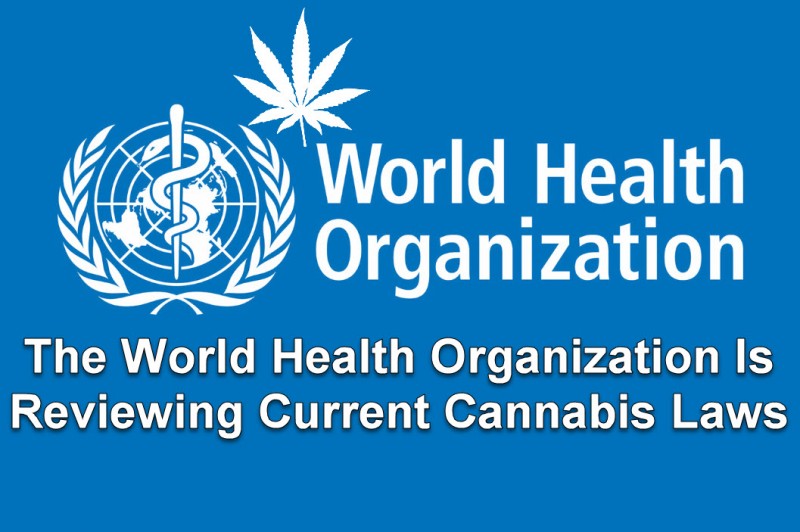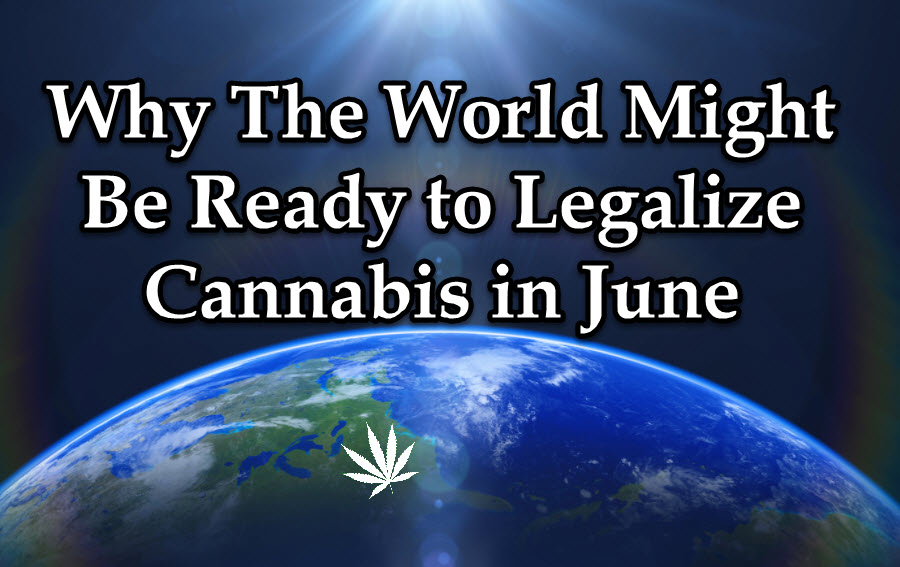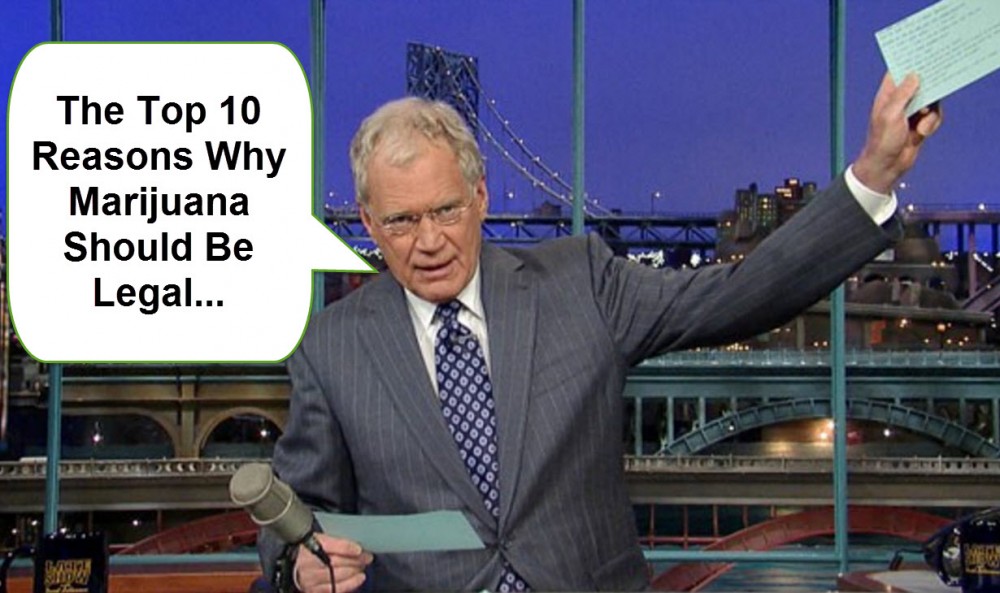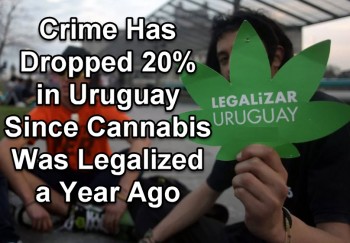The World Health Organization Is Reviewing Current Cannabis Laws
World Health Organization (WHO) May Rule on Cannabis Classification Soon from CannabisNet on Vimeo.
The World Health Organization (WHO) just released the initial review results of their research into their cannabis plant, which they will be using together with other data to assess current cannabis laws around the globe.
The WHO’s findings include positive feedback on the medicinal benefits of cannabis, which hopefully may be the key to shaping global cannabis reform. The US Food and Drug Administration (FDA) last month began asking for comments from the public about whether cannabis should be maintained as a Schedule 1 drug, which means that it has no medicinal value whatsoever. NORML, a cannabis advocacy group, was able to solicit 10,000 public comments supporting cannabis law reform and gave it to the FDA, saying that most of the public’s responses revealed an overwhelming support to end cannabis prohibition.
The FDA then sent these comments to the WHO Expert Committee on Drug Dependence, which is assessing if the current cannabis laws should be changed, or if the status quo should be maintained.
Late last year, the WHO acknowledged that CBD has no health risks. They released a report backing up the medicinal benefits of CBD, and added that it has no risks for abuse or health problems. They also backed up a large existing body of evidence that supports CBD’s therapeutic uses. The WHO report recognized that CBD is a naturally-occurring substance, and that it is safe for humans and animals to use due to the absence of side effects. They also wrote that unlike THC, CBD doesn’t give a psychoactive high. On top of this, the pre-review that the WHO just released also includes positive conclusions regarding the safety and medicinal applications of cannabis in general.
Marijuana Moment reports that the commission analyzed the current studies on cannabis as treatment for appetite loss, chronic pain, opioid withdrawal, epilepsy, sleep disorders, and PTSD. The committee said that any research claiming that cannabis use is associated with an increased risk for serious cardiovascular events “appears to be weak at best,”; while citing a “wealth of preclinical literature” revealing that cannabinoids “reduce cancer cell proliferation” and prevent “cancer cell migration and angiogenesis in numerous cancer cell types.”
While the WHO discovered evidence that cannabis has “some therapeutic potential” for treating these conditions, they find that the current body of research isn’t enough for them to make a conclusion about the efficacy of cannabis for the said ailments. According to Michael Krawitz, a cannabis activist, the pre-review didn’t include adequate evidence to support the case for medical cannabis. He told Marijuana Moment that this is because of the “creeping slow nature of the international bodies.”
But a big part of the reason why there is a serious lack of conclusive evidence about the medicinal benefits of cannabis is because it’s still banned under international treaties, which prevents member states of the United Nations from legalizing cannabis for scientific or non-medical reasons.
The last part of the pre-review discusses the epidemiology of cannabis, and while it acknowledges that it “has some therapeutic potential,” it also included concerns about both long and short-term effects of its use which they say “may be relevant to public health.”
The commission said that acute effects of cannabis include “[c]ognitive effects including impaired short-term memory, altered judgement and impaired motor coordination, which increase the risk of injuries (best studied with traffic injuries under the influence of cannabis, where causality has been established despite some negative epidemiological results)” as well as “altered judgement,” which they say “may also lead to problematic decisions with respect to increasing risk of sexually transmitted diseases.”
What The Pre-Review Means
If all goes well, the pre-review will be accepted which will in turn result in more detailed evaluations which would likely entail experts to provide feedback to the committee before final recommendations about the legal status of cannabis are sent to US Secretary-General Antonio Guterres.
Guterres, a supporter of drug policy reform, was able to oversee the decriminalization of cannabis and other drugs during his time as Prime Minister of Portugal. During a speech to the UN drug policy body last March, he made mention of the successes of decriminalizing drugs.
Krawitz added that the best possible outcome for the current review would be to eliminate cannabis the Schedule 4 drug list of international treaties. Doing so would then give member states the freedom to move forward with their own cannabis reform laws.
The World Health Organization Is Reviewing Current Marijuana Laws from CannabisNet on Vimeo.
OTHER STORIES YOU MAY ENJOY...
CANNABIS LEGALIZATION AROUND THE WORLD SOON, CLICK HERE.







